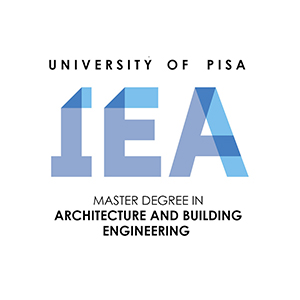
The course is aimed at:
The course has mainly two aims. The first one is to let students be aware with the principles of the Conceptual Structural Design which state that the methods of the Structural Engineering must be applied not after architectural formal decisions, just in order to verify if previously stated forms satisfy prescribed structural safety levels, but on the contrary at the beginning of the design process of form finding, although not yet applying analytical procedures but simply static concepts. The second goal is to give the students the basic structural design notions related to constructions made with not traditional materials and techniques like structural glass or special constructions like Grid Shells and Suspended Structures.
Assessment methods: Final oral exam
Period: Semester 1
Further informations available on "Valutami" website
The course is aimed at:
The course aims at providing the tools for recognizing the natural and cultural components of the landscape contexts, in order to read and properly interpret values and limitations. This will fully optimize the architectural design activities, at a small scale, and the land use planning, at a large scale. The course will provide also a critical historical excursus, in chronological order from the origins to the present time, that using the technique of the landscape stratigraphy, will identify and map not only the formal elements of value but also to identify the dynamics of use during time. For this purpose, the course provides also the basics of plant ecology and geobotany of soil science and climatology, useful for: understanding the ecological requirements and distribution of species on earth and plantgroupings; analysing and interpretating of natural and agricultural landscape; evaluating natural and plant biodiversity. Inaddition, it aims to provide the basics of landscape ecology.
Assessment methods: Final oral exam
Period: Semester 1
Further informations available on "Valutami" website
The course is aimed at:
This course deals with issues related to policies for urban and territorial sustainable development. Topics related to energy, mobility, environmental matrices involved in the ecological urban cycle, ecological networks, will be set on an urban scale. The basic knowledge related to the most important environmental and territorial components will enable students tounderstand and address the environmental assessment procedures (Environmental Impact Assessment, Strategic Environmental Assessment, Impact Assessment). The course also offers an introduction to multiactor planning as a too lof social sustainability of territorial transformations; a special attention is given to the institution of Public Debate on largeworks.
Assessment methods: Final oral exam
Period: Semester 1 & 2
Further informations available on "Valutami" website
The course is aimed at:
The course aims to provide the knowledge on materials and manufacturing techniques for the design of an energyefficient housing. The course aims, by analyzing specific cases, to develop the student's ability to conceive innovative and sustainable design solutions.
Assessment methods: Final oral exam
Period: Semester 2
Further informations available on "Valutami" website
The course is aimed at:
The course aims at providing the basics of the Algorithms Aided Design, the design and the optimization of forms based on generative algorithms and the use of software for the advanced NURBS Modelling.
Assessment methods: Final oral exam
Period: Semester 2
Further informations available on "Valutami" website
Introducing...

Preparing students for the practice of building engineering and architecture....
Programm Profile
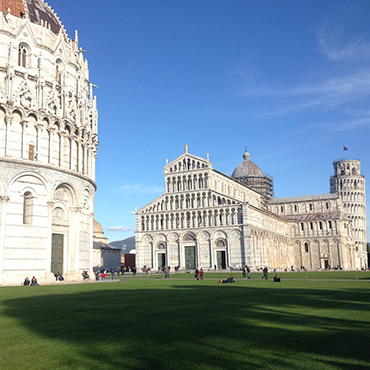
Engineering in Pisa boasts a centennial tradition....
Why in Pisa?

Mandatory selective/competitive entrance examination
Admission requirements
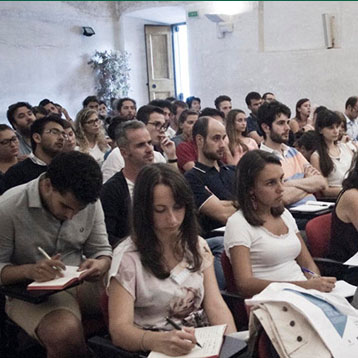
The course combines theoretical lessons with the organization of workshops and seminars...
What will I study?
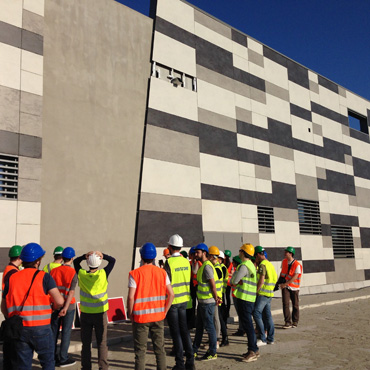
Graduates will be able to demonstrate knowledges and abilities...
Key Learning Outcomes
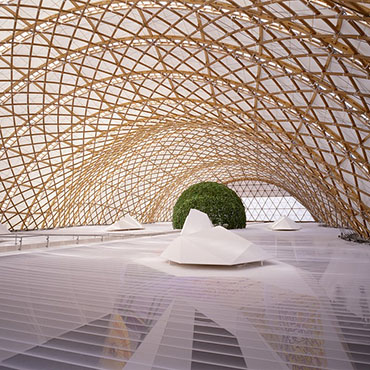
Occupational Profiles of Graduates




